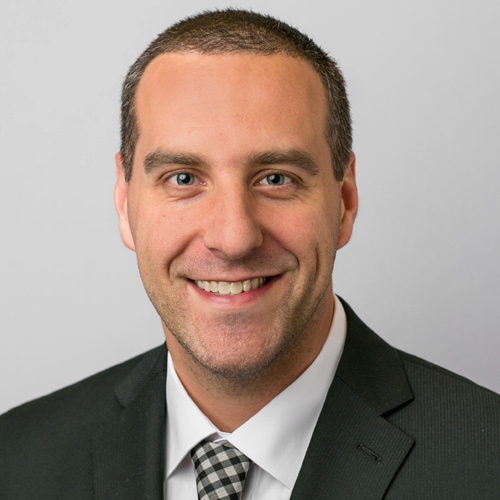Is health care a right? For decades, American politicians have enacted laws on the presumption that it is and that government therefore has a responsibility to provide it to individuals who cannot or choose not to buy it themselves. These laws, which include Medicare, Medicaid, and now ObamaCare, have resulted in runaway health-care spending and massive government intervention in medicine.
In a newly published essay, “There is No ‘Right’ to Healthcare,” the late historian John David Lewis challenges this presumption at its core. The essay appears in the textbook Medical Ethics, 2nd edition, edited by Michael Boylan of Marymount University.
Lewis describes two basic and conflicting views of rights in America today. One is the idea of rights as entitlements to goods and services. The other is the idea of rights as moral prerogatives to freedom of action.
The first view holds that if a person has an unmet human need—a need that could be satisfied by some good or service—then it is incumbent upon others who are able to satisfy that need to do so. In other words, needs impose duties.
Lewis explains that this view fails in two important ways. First, because human needs are boundless, the consistent application of the notion that needs impose duties would lead to
an endless creation of duties, and to ever-increasing government control over the lives of citizens, precisely because there is no end to the needs that one person may demand that others satisfy.
The other main problem, Lewis explains, is that imposing duties upon one person in the name of satisfying the unmet needs of another inescapably violates the rights of the first person. Applying this to health care, Lewis writes, “There is no right to medical care because there is no right to coerce medical professionals to provide it.”
 The correct conception of rights, Lewis explains, is that rights define the scope of an individual’s freedom of action against which others may not infringe. Health care cannot be a right because health care consists of goods and services that are provided by medical professionals—people who have a right to think and act in pursuit of their own happiness and values just as anyone does. “To claim a right to medical care,” explains Lewis, “is to claim nothing less than a right to run the lives of those who must provide the care.”
The correct conception of rights, Lewis explains, is that rights define the scope of an individual’s freedom of action against which others may not infringe. Health care cannot be a right because health care consists of goods and services that are provided by medical professionals—people who have a right to think and act in pursuit of their own happiness and values just as anyone does. “To claim a right to medical care,” explains Lewis, “is to claim nothing less than a right to run the lives of those who must provide the care.”
In discussions of today’s health-care crises, many people, especially politicians, often engage in dithering economic deliberations and societal cost-benefit analyses. Lewis’s “There is No ‘Right’ to Healthcare” brings the fundamental issues back into focus, and provides a clear and morally certain solution to our health care problems: Reject the false “right” to health care, and protect each individual’s actual right to pursue health care on strictly voluntary terms.
Like this post? Join our mailing list to receive our weekly digest. And for in-depth commentary from an Objectivist perspective, subscribe to our quarterly journal, The Objective Standard.
Related:
- Moral Health Care vs. “Universal Health Care”
- No, Edolphus, Health Care is Not a “Right” or a “Privilege”













